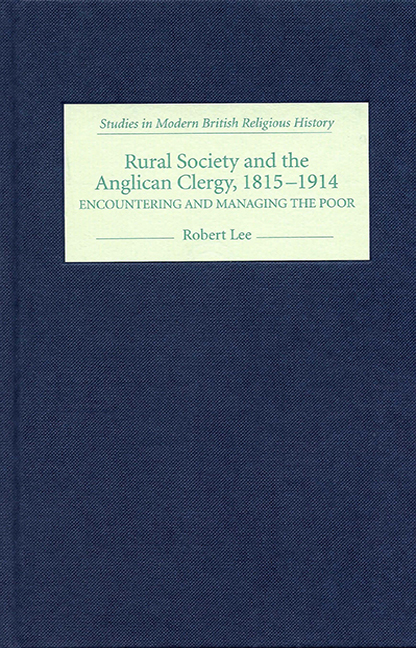Summary
Romance, failure and decline
Interpreting nineteenth-century rural society is a task made much more complex by the fact that its administrative base-unit, the parish, was far from being a tidy, homogeneous geographical and social space. A pattern of ‘open’ and ‘close’ parishes, defined in landownership terms and bearing certain distinguishing characteristics, can be discerned in the countryside, but this was one pattern among many and is not strong enough to stand alone as a model with ‘predictive’ or ‘explanatory’ powers. Keith Wrightson's description of the parish has been tailored to fit his work on early-modern England, but every word of it applies to the rural parishes of Norfolk between 1815 and 1914. The parish was, he wrote:
a tangled, messy skein of overlapping and intersecting social networks, most of which extended beyond its boundaries outwards and upwards into the larger society, and many of which were networks of power … It was in many ways a community, an association of neighbours, a unit of identity and belonging, a primary group – but one perennially defined and redefined by processes of inclusion and exclusion.
Attempts to disentangle the world of the nineteenth-century parish encounter something more complex still, for beyond even those structural and societal difficulties identified by Wrightson there existed another, metaphysical layer. In this reading, revolutionary change was being balanced against – sometimes even disguised as – the appeal of the unchanging past. The destruction of local custom and, with it, the dismantling of listening and responding mechanisms of the moral economy, coincided with pageants and historical recreations that celebrated an almost feudal ideal of deference. Here the rural worker was prised away from the old, while being kept at arm's length from the material benefits of the new.
Then again, concepts of who was ‘radical’ and who ‘conservative’ in parish politics defy categorisation in twenty-first century terms. Custom was frequently conservative. It thrived on stasis, and was often founded on xenophobic senses of identity. Whatever else might be said of them, Enclosure and the New Poor Law were, in this context at least, radical measures.
The Anglican clergyman was central to the process of change, and the extent to which he involved himself with – or distanced himself from – its effects could have a profound effect on the political and social development of his parish.
- Type
- Chapter
- Information
- Rural Society and the Anglican Clergy, 1815–1914Encountering and Managing the Poor, pp. 181 - 200Publisher: Boydell & BrewerPrint publication year: 2006



